Banks complicit in kickbacks?

Bangko Sentral ng Pilipinas (BSP) Governor Eli Remolona Jr. was himself taken aback by the magnitude of corruption involving flood control projects, which have further blackened the already tarnished reputation of the Department of Public Works and Highways (DPWH).
“The sight of piles of cash on a table, that’s kind of shocking,” Remolona said in a One News interview last week, “I didn’t know this was all done in cash, in such amounts. That is shocking.”
What is more alarming, however, is that government financial institutions may have become conduits for the staggering amounts of kickbacks that have found their way into the pockets of a network of public officials and contractors who have allegedly made milking cows out of flood control projects.
Valid concerns have thus been raised that banking and finance regulators have been sleeping on their crucial jobs, enabling these questionable transactions to push through, not just once but several times this year alone, as revealed by Senate President Pro Tempore Panfilo Lacson.
Lacson revealed last week that, based on ledgers acquired from the implicated flood control project contractor SYMS Construction Trading, contractor Sally Santos was able to withdraw P457 million in cash from the Malolos Highway branch of Land Bank of the Philippines over two days, with the money allegedly delivered as kickbacks to the office of former Bulacan district engineer Brice Hernandez.
“There are many here, including withdrawals of P180 million, P141 million, P299 million, and P65 million–all made in a single day,” added Lacson.
This begs the question: How was this allowed to happen?
Red flags
As Sen. Francis Pangilinan asked Landbank Malolos Highway branch manager Ma. Lilibeth Lim, “Is it normal practice for a bank to release P457 million in cash? Isn’t that a red flag, and shouldn’t it be reported?” Because as it stands, there are fears that the banking system has been “complicit in this type of corruption.”
But apparently, for Landbank, there was no reason to suspect any wrongdoing. The legitimacy of the source as well as the purpose of the funds were “fully established and documented,” and that as a matter of policy, all funds above P500,000 are automatically reported as covered transactions to the Anti-Money Laundering Council (AMLC) for its review and assessment.
That said, in light of the revelations that the money allegedly went to anomalous flood control projects, Landbank said that policies and measures will be updated “to ensure we remain robust and responsive to issues and the call of the times.”
Cash withdrawal limit
The BSP has also issued a circular limiting daily over-the-counter cash withdrawals to P500,000 so that transactions above this threshold are carried out through checks, fund transfers, or other digital channels to create an audit trail.
Sanctions will be imposed on banks and financial institutions found complicit in the web of corruption that has ensnared the DPWH.
BSP Deputy Governor Lyn Havier, who heads the BSP unit overseeing banks, added that the central bank was “closely scrutinizing” possible weaknesses in banks’ antimoney laundering systems, particularly in transaction monitoring, customer due diligence, and compliance with reporting obligations and that “any deficiencies will be addressed decisively.”
The BSP has also already kicked off an inquiry into the bank accounts of individuals linked to corruption in government-funded flood control projects, at the request of DPWH Secretary Vince Dizon.
This is the first test of the newly enacted Anti-Financial Account Scamming Act, which is meant to crack down on money muling activities or the use of financial accounts to move or hide criminal proceeds.
Questionable accounts
Under this law, bank secrecy and data privacy protections can be set aside to allow regulators to scrutinize questionable accounts and use any findings in criminal prosecutions.
The AMLC also assured the public that it remains “committed to upholding the integrity of the financial system and ensuring that all covered entities adhere to their legal obligations in the fight against money laundering.”
The AMLC has so far issued more than 700 freeze orders covering bank accounts, insurance policies, and other assets of individuals linked to the alleged scheme, and it is just getting started.
That the regulatory bodies are just now stepping up their actions seems too little, too late, as billions have already exchanged hands, the extent of which is still yet to be fully uncovered.
But they can make up for lost time and work double time on their investigations that should end with people being brought to justice. At the same time, given the extent of the “shocking” corruption, regulators should pursue their mandate with renewed vigor to finally cure the Philippines of this festering disease.




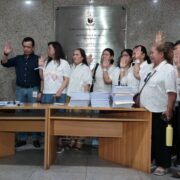
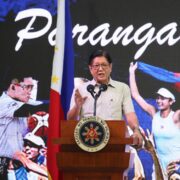

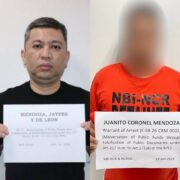
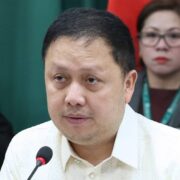

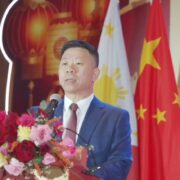



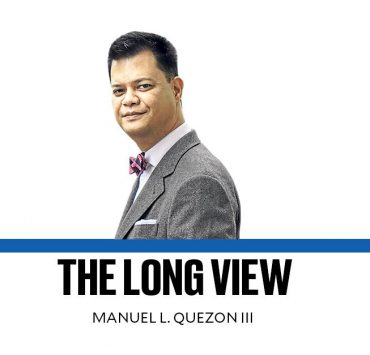
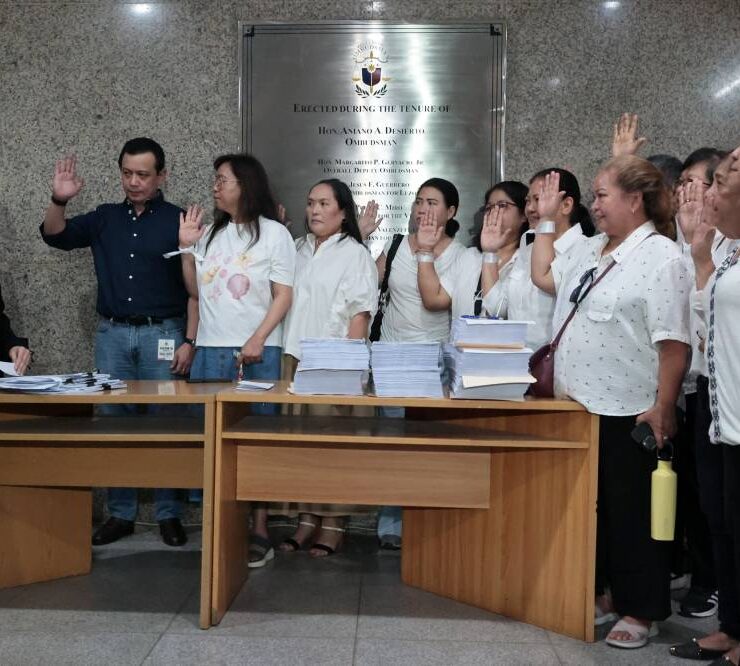
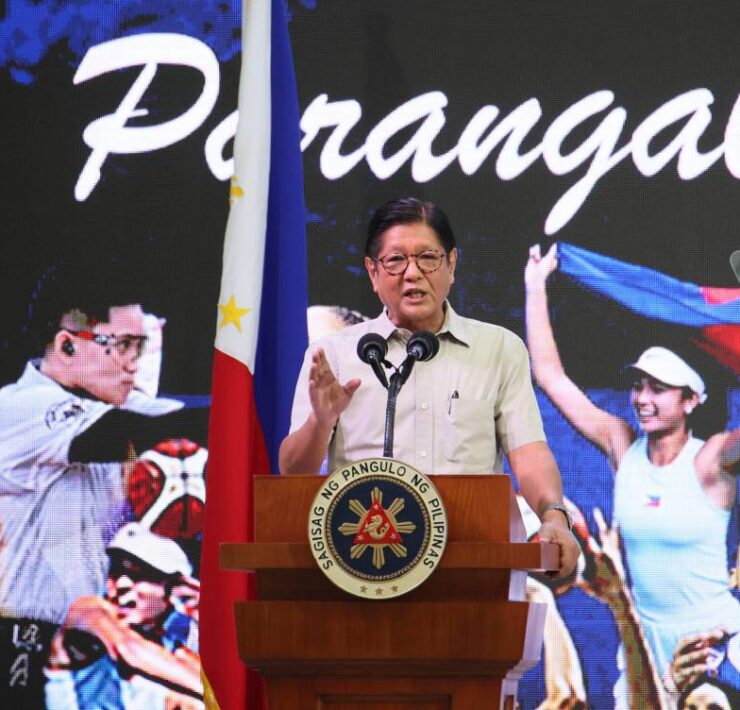
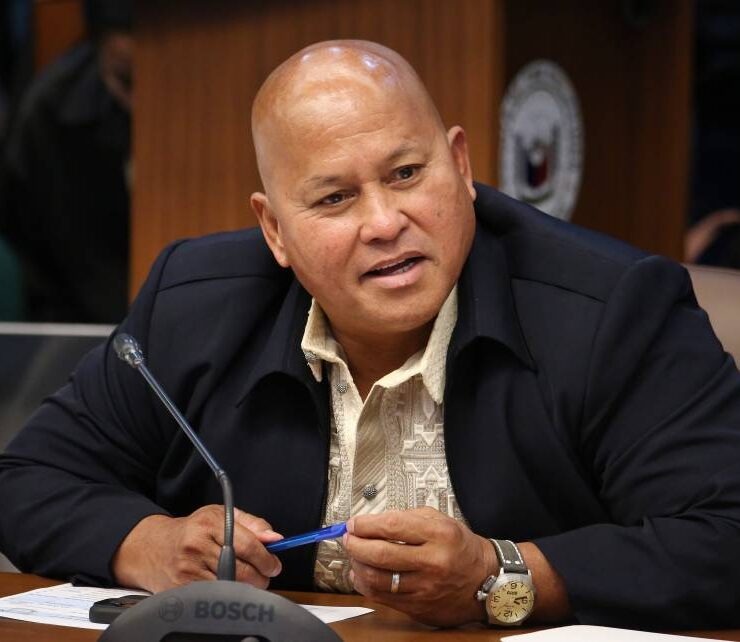



Investing in SUCs: Challenges and opportunities